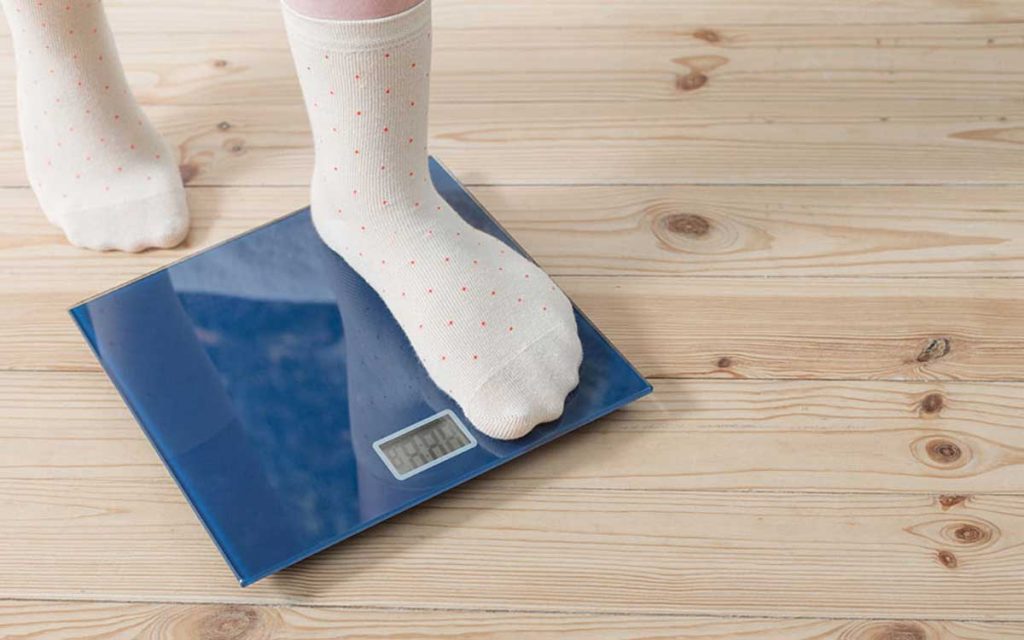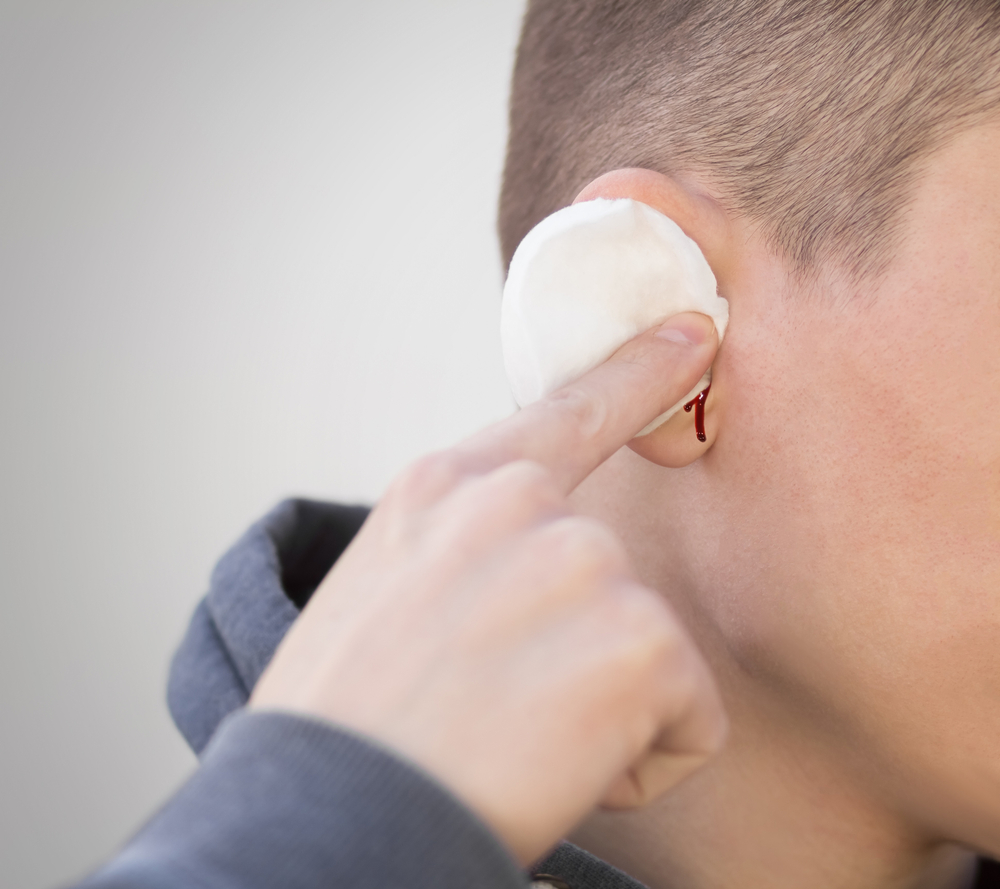There are plenty of health reasons to stay in shape, but did you know weight loss promotes better hearing?
Research shows children and adults who are overweight are more likely to experience hearing loss and that eating healthy and exercising can help fortify your hearing. Knowing more about these connections can help you make healthy hearing decisions for you and your family.
Obesity and adult hearing
Brigham and Women’s Hospital’s study showed women with a high body mass index (BMI) were at a higher risk of experiencing hearing loss. BMI measures the relationship between body fat and height, with a higher number indicating higher body fat. The higher the BMI of the 68,000 women in the study, the higher their hearing loss incidence. The participants who were the most overweight were up to 25 percent more likely to experience hearing loss!
In this study, waist size also turned out to be a reliable indicator of hearing loss. Women with larger waist sizes had a higher risk of hearing loss, and the risk increased as waist sizes increased. Lastly, participants who engaged in regular physical activity had a lower incidence of hearing loss.
Obesity and children’s hearing
A 2013 study by Columbia University’s Medical Center demonstrated that obese teenagers had nearly twice the risk of experiencing hearing loss in one ear when compared to non-obese teenagers. These children suffered sensorineural hearing loss, which is caused by damage to sensitive hair cells in the inner ear that carry sound. This damage led to a decreased ability to hear sounds at low frequencies, which makes it difficult to understand what people are saying in crowded settings, such as classrooms.
Hearing loss in children is particularly worrisome because kids often don’t realize they have a hearing problem. If the problem isn’t addressed, there is a danger the hearing loss could worsen when they become adults.
What is the connection?
Researchers suspect that the connection between obesity and hearing loss and tinnitus lies in the health symptoms related to obesity. High blood pressure, diabetes, and poor circulation are all tied to hearing loss and are often the result of obesity.
The inner ear’s workings are very sensitive – consisting of a series of small capillaries, nerve cells, and other delicate parts that must stay healthy to work properly and in unison. Good blood flow is essential. High blood pressure and the narrowing of blood vessels caused by obesity can hamper this process.
Reduced blood flow can also damage the cochlea, which accepts vibrations and sends nerve impulses to the brain so you can recognize what you’re hearing. Damage to the cochlea and the surrounding nerve cells can rarely be undone.
What should you do?
Women in the Brigham and Women’s Hospital study who exercised the most had a 17 percent lower risk of experiencing hearing loss compared to those who exercised least. You don’t have to run a marathon to lower your risk, however. Walking for two or more hours per week resulted in a 15 percent lower chance of hearing loss than walking for less than an hour.
Your entire family will benefit from eating better, as your diet can positively impact your hearing beyond the benefits gained through weight loss. If you have a child or grandchild in your family who is obese, discuss steps your family can take to promote a healthier lifestyle. You can teach them exercises that are fun for children and work them into family gatherings. They might enjoy the exercises enough to do them on their own!
If you suspect you are experiencing hearing loss, talk to a hearing professional to determine whether it is related to your weight. Weight loss promotes better hearing, and help is available. This individual can perform a hearing test to confirm your suspicions and advise you on the steps necessary to correct your hearing loss symptoms. If needed, your primary care doctor will recommend a diet and exercise that best suit your individual needs.



